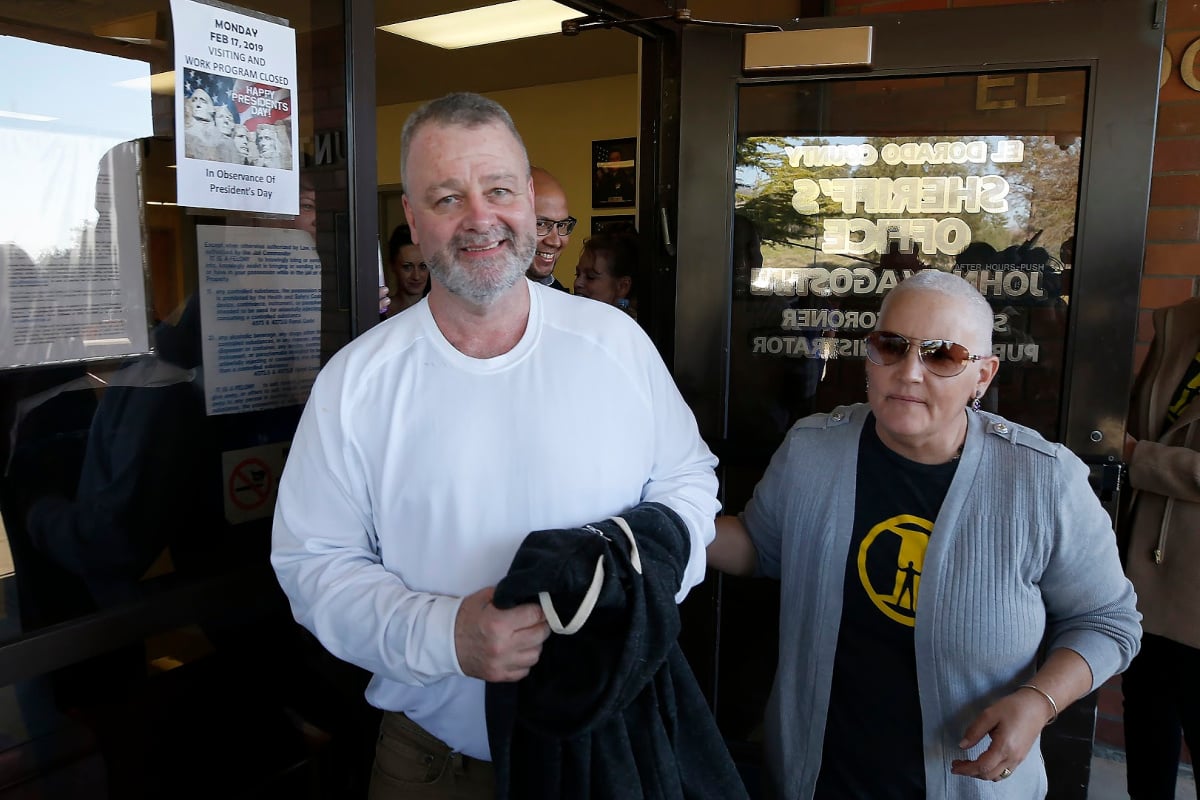
In 2005, Ricky Davis was convicted of second-degree murder for stabbing to death his roommate, 54-year-old magazine columnist Jane Hylton.
Davis was sentenced to 16 years in jail. But two years before his jail time was completed, new DNA technology determined the Californian man was innocent. He had been wrongly convicted and served time for a crime he did not commit.
On Thursday, after 14 years in prison, Davis was exonerated by and walked free into the arms of his friends and family.
It was all thanks to genetic genealogy – the union of DNA analysis and family-tree research.
Here is what happened in the original case, and how genetic genealogy has been used to set an innocent man free.
The murder of Jane Hylton.
On July 7, 1985, Jane Hylton’s body was found battered and breathless in her Californian home, where she lived with her 13-year-old daughter as well as Ricky Davis and Davis’ then-girlfriend, Connie Dahl.
In the early hours of the morning, police arrived to the crime scene where Davis, Dahl and Hylton’s daughter were all present, according to the Innocence Project.
The couple had been to a party that night, returning home around 3:30am, where they found the teenage daughter outside the home. She said she had been with some boys and was worried her mother would be upset because of how late it was.
As the three went inside, they instantly saw blood throughout the hallway, before finding Jane Hylton’s body on the bed in the master bedroom. She was dead. Davis and Dahl immediately called 911.
